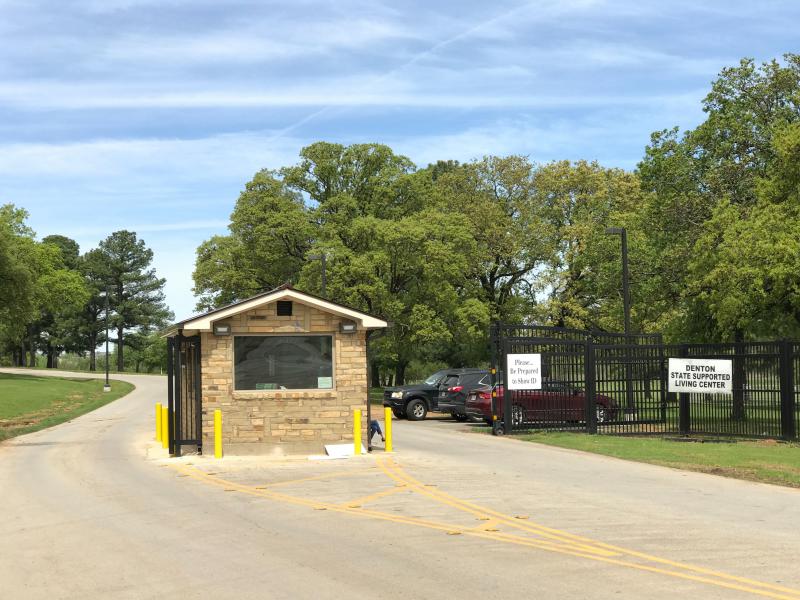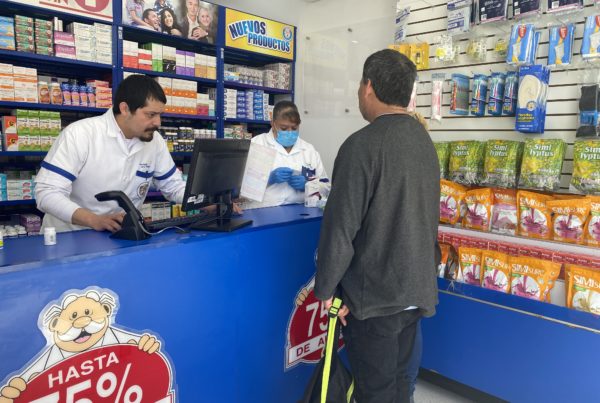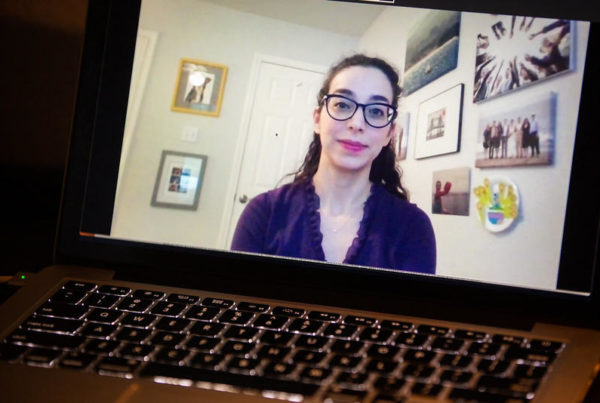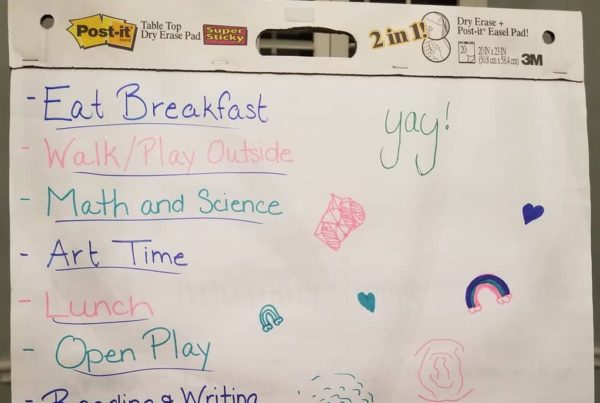Texas’ two largest state supported residential homes for people with intellectual and developmental disabilities now have positive cases of COVID-19. At one of the facilities, in Denton, 50 residents are sick, as well as 23 staff members. And the facility in Richmond, Texas, announced Monday that two of its residents also tested positive.
Beth Mitchell is supervising attorney for Disability Rights Texas, an advocacy organization that monitors state supported living centers around the state. Mitchell says all of the state’s centers are on lockdown, which means no one, including family members of those who live in the facilities, can visit.
Each of the 13 centers house approximately 250 adults. They live with roommates and share common areas for meals and recreation. Because of this arrangement, social distancing is impractical inside the facilities.
“You have the residents who don’t leave, so they are the ones who are potentially causing the community spread,” Mitchell says. “Where the community spread comes from is from the staff that do go home every day.”
Mitchell says the fact that symptoms of COVID-19 can take several days to develop in an infected person could be partly the reason why the coronavirus was able to spread among residents and staff.
Taking steps to slow the spread of the virus is difficult in the living centers because residents are often uncomfortable wearing masks.
In Denton, residents who have tested positive are isolated in a single area, while those who have merely been exposed to COVID-19 are located elsewhere on the premises.
Mitchell says family members find it hard not being able to visit the living centers. Things like FaceTime help, but they don’t replace in-person visits.
“Part of the problem … is that some of the residents don’t have the capacity to communicate, and so although they can see their loved ones, they can’t necessarily talk to them to know how they’re doing,” she says.
Written by Shelly Brisbin.















